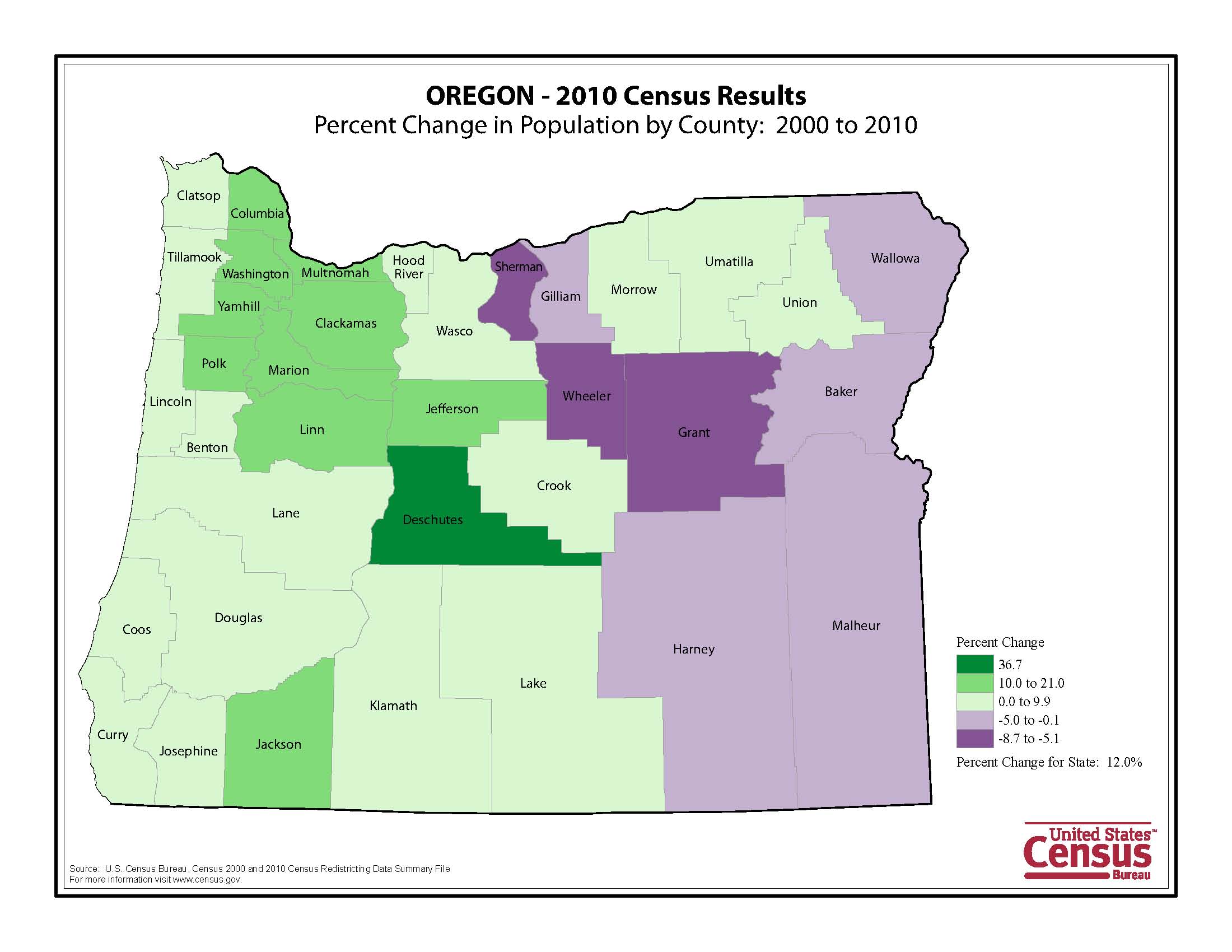What's under discussion here, just to get it out of the way, isn't a conspiracy. Activity that's coordinated or in alignment isn't necessarily conspiratorial. Coordination and alignment, though, do seem to be in play.
The thought coalesced around a blog post by Mike Konczal, a fellow with the Roosevelt Institute, about what he saw as "a Three-Part Roadmap for Conservative State Governance." The main pieces are "Cutting Government Services," "Defund and Delegitimize Public Workers" (mainly through cutbacks on collective bargaining and benefits) and "Privatizing [State Government] Assets" (including much more contracting-out). Konxzal suggests, "Notice that each of these objectives overlap with each other. Privatizing services cuts public workers out while crony deals, skimming and poor services creates distrust in the government, leading to a negative feedback loop."
Some of these moves inevitably would be on the table in a tight budget season (some service cutbacks are on the table in Democratic-dominated Washington and Oregon), but to what extent have they been front and center in states where Republicans have gained political control in last year's elections?
It closely describes Wisconsin, certainly. It describes initial moves by the new Republican leaders in places like Ohio, Michigan, Indiana, Florida and some other states. Last week's prank phone call to the unwary Governor Walker clearly established both that national corporate funding was heavily involved in the policy-making, and that a string of other states were also involved (Walker mentioned conversations on the policy attack with a number of other Republican governors, including some who have backed off, a bit).
The prank call was set up as a call from one of the billionaire Koch brothers, a key funder of Walker and quite a few other conservatives - and a call which, even in sensitive moments, Walker apparently was quick to take.
Has this some relevance to the Northwest? One Republican Facebook friend ironically commented, "Oh for goodness sake ... don't give away our grand conspiracy, we've just begun!"
But you don't have to get into tin foil hat territory to find some connections.
Check back on those three core actions tenets, and consider what's been front and center at the Idaho Legislature this year. Not just the service and pay cuts, which to some extent at least are understandable as responsive to revenue shortfalls; but also actions such as slicing away at the main remaining union in the state, the Idaho Education Association, in an education overhaul proposal.
Governor C.L. "Butch" Otter (one of the forces behind the education program) has posted a full-throated defense of Walker on a national Republican governors website: "For too long, elected leaders like Governor Walker, who are responsible and accountable to our citizens, have been virtually held hostage by the outdated and costly demands of public employees’ unions. We live in a republic, and there is room for all voices to be heard — within the context of an open public process, not in the context of entitlement-driven protests, work stoppages and disruption of the people’s business.” (h/t here to Kevin Richert.) Idaho certainly seems of a piece with Wisconsin.
Concerning Washington, on the Slog, David Goldstein notes:
As was reported last fall on HA (and very little anywhere else), the Koch brothers, through their Tea Party associated front group, Americans for Prosperity, spent hundreds of thousands of dollars helping Republican Jaime Herrera win election in Washington's 3rd Congressional District this past November... even after shutting down a mill and outsourcing over 300 jobs in her home town of Camas!
And my friend Kirby Wilbur—the newly elected chair of the Washington State Republican Party—he ran the Washington chapter of Americans for Prosperity this past election year, overseeing questionable (and quite possibly illegal) campaign finance and reporting activities on behalf of the Kochs.
So if you think what's going on in Wisconsin under Koch-toady Gov. Scott Walker, couldn't happen here under say, Governor Rob McKenna... well... you might want to look for my feature in next week's edition of The Stranger.
Less in Oregon, where the Wisconsin agenda hasn't really surfaced in any major way (as it hasn't, in major or practical ways, in Washington).
However. Last week at a political blogger gathering in Portland the question arose: Suppose Republican Chris Dudley had narrowly won instead of lost the governor's race, and Republicans had won the three more legislative seats needed to win both Senate and House. (Not very many votes would have been needed for such a shifts.) Supposing that: Would the Wisconsin agenda be on the table in Oregon? The prevailing view seemed to be that it probably would be; and the same emerged when we posted the question on Facebook.
It's not Wisconsin by itself. This is a national thing.




